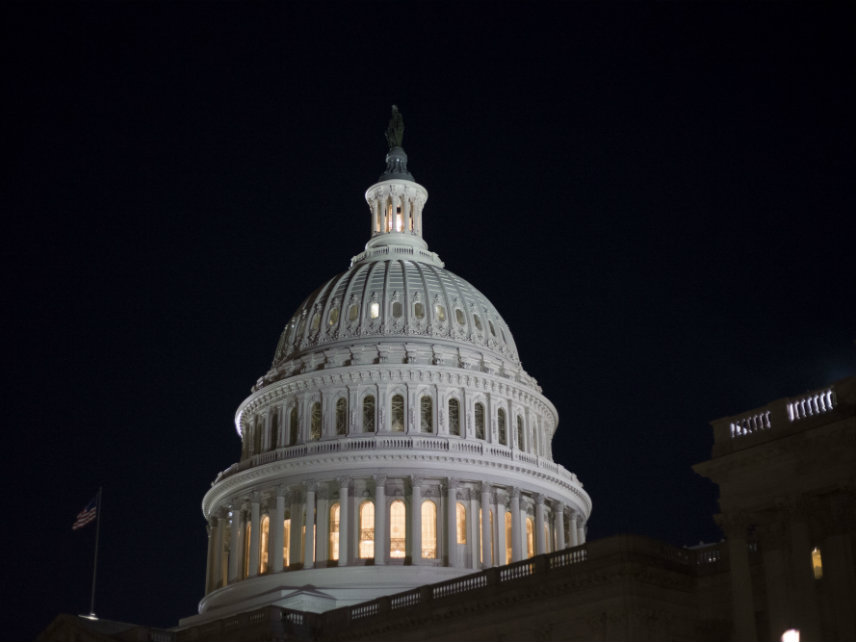Treasury's Tax Reform Analysis Confirms Republicans Don't Give a Damn About the Deficit
Republicans will regret this the next time a budget-busting Democratic proposal comes along.

For months, even as independent analyses suggested the Republican-backed plan to slash taxes would add billions, perhaps trillions, to the national debt over the next decade, GOP leaders dismissed those worries.
The Trump White House and Treasury Secretary Steve Mnuchin were supposed to have been cooking up an analysis to show the GOP tax plan "will pay for itself with growth," Mnuchin said in April.
When asked about whether the Treasury plan would be released before the tax bill passed the Senate (a different version had already cleared the House), Mnuchin told The New York Times that he had 100 people working around the clock to finish the analysis.
The one-page analysis released Monday, looking like a final paper written on the eve of a due date, shows Republicans have fully abandoned any pretense that passing the tax bill is based on principles of fiscal conservatism.
Treasury Department economists largely agree with the conclusion reached by the Joint Committee on Taxation—its analysis was released just before the Senate approved the tax bill—that the GOP tax bill will add about $1.5 trillion to the deficit in a decade; or about $1 trillion after economic growth is included.
The Treasury analysis declares that the plan will pay for itself "from a combination of regulatory reform, infrastructure development, and welfare reform as proposed in the Administration's Fiscal Year 2018 budget," the analysis says. That's the same budget proposal, by the way, that was declared "dead on arrival" by Republican congressional leaders.
How does the Treasury know all of these things will be accomplished and what their long-term effect on the federal budget will be? Is there any reason to think that a Republican caucus unable to pass even moderate reforms to the Affordable Care Act will be able to pass serious entitlement reforms in an election year?
The answers, apparently, don't matter enough to the Treasury.
With tax bills already passed in both the House and Senate, what the Treasury's analysis says—or doesn't say—probably doesn't change the trajectory of tax reform. Republican lawmakers in both chambers had plenty of other sources telling them that the bill did not pay for itself and would increase the deficit even after including expected economic growth. The same will be true, in all likelihood, of whatever package emerges from the conference committee.
The lack of detail in the Treasury's analysis is unlikely to sink the bill at this point, because the new analysis basically does the same thing that GOP members of Congress have been doing for weeks: making vague promises of greater-than-expected economic growth without any indication of how or why they believe that will happen.
But while the Treasury analysis does not change this bill's trajectory, it does contribute to one of the main problems with the GOP tax plan by further bending Congress' policy-making trajectory away from anything resembling fiscal sanity.
Indeed, that evolution is already taking place with left-leaning pundits. See, for example, this Matt Yglesias piece he claims is above the petty concern-trolling of Republican hypocrites on the debt, making the contrarian point that "Republicans are right about the deficit."
By which, of course, Yglesias means that debate over deficits should never again hinder progressive goals like government stimulus, expanding entitlements, or anything else.
Just as Democrats now have cause to regret the ways in which they forced Obamacare through the Senate with procedural shenanigans copied by Republicans once they took office, the GOP will rue the decision to disregard concern for the national debt in the name of politically expedient tax cuts.
And liberals will be more than happy to remind them just how vapid the deficit hawks turned out to be.


Show Comments (49)